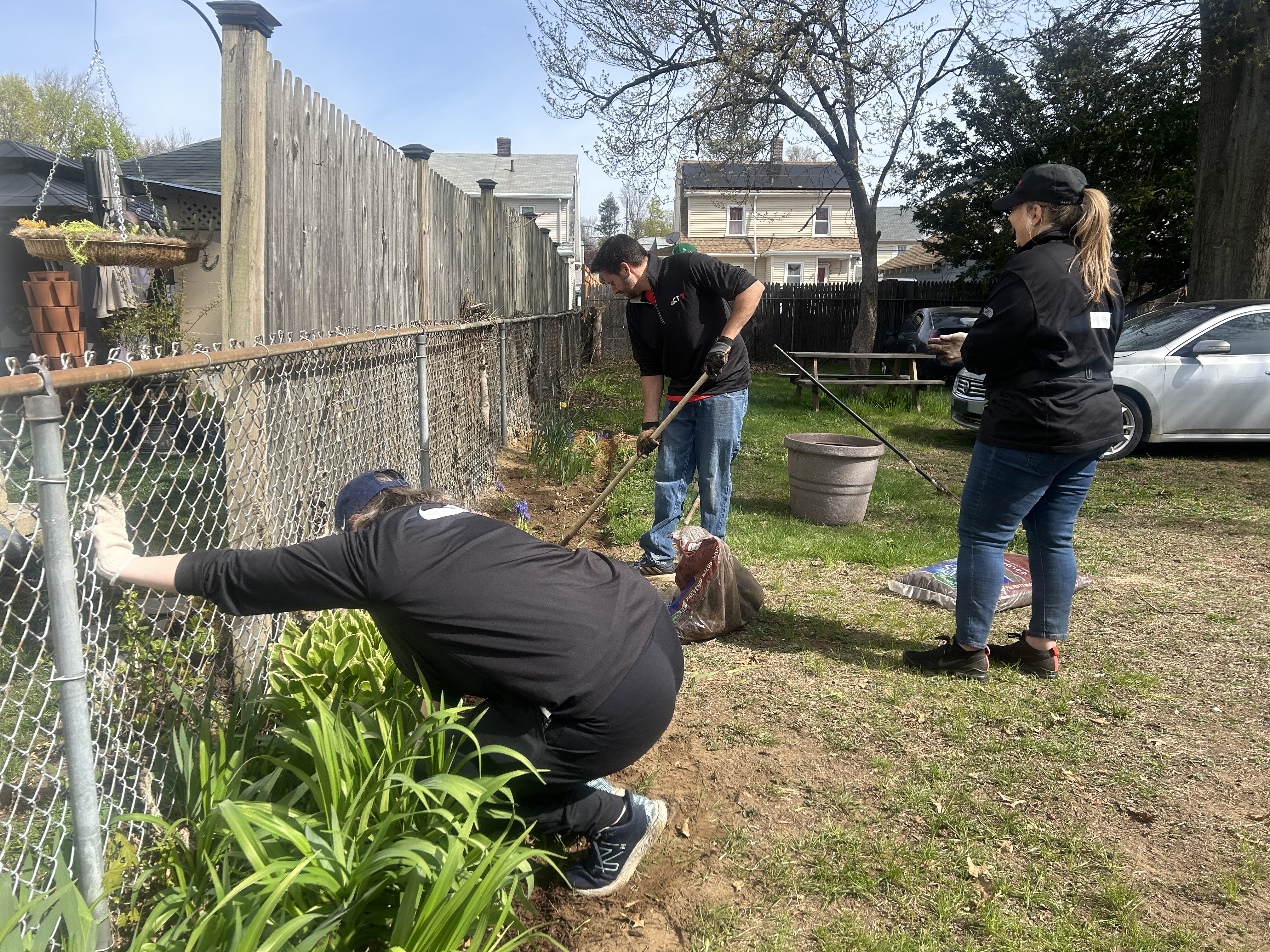Lawmakers return to the Capitol Wednesday and a potential fight over the budget is already starting to form.
Democrats and Republicans overwhelmingly agreed on a two-year, $51 billion budget in June.
The two sides seem far apart on the need for possible big changes, though.
“I would say this probably the most active second year of a biennium that I've been a part of,” Rep. Jason Rojas, the Democratic House Majority Leader and a 16-year veteran of the legislature, said.
Get Connecticut local news, weather forecasts and entertainment stories to your inbox. Sign up for NBC Connecticut newsletters.
Last month, the Office of Policy and Management projected the budget to have a $166.5 million surplus.
While down $233 million from the original project last spring, some see this as a chance to provide funding for various needs. The state also has a $3.9 billion rainy day fund.
Advocates in recent weeks have pushed for more funding for higher education, nonprofit service providers, expanding Medicaid coverage through the state’s Husky program and continuing free meals in all schools.
Local
“Connecticut has the money, but Governor Lamont are you going to let a silly thing like fiscal guardrails prevent us from spending the billions we have in surplus,” Victoria Ceylan, a paraprofessional, said during a press conference Tuesday at the Legislative Office Building in Hartford.
Ceylan is part of CT 4 All, a progressive organization pushing for a series of policy changes including funding for various programs. The group has support from some Democrats.
“We need to pay for the things our citizens need. They're paying their taxes, they should get what they need,” Rep. Jillian Gilchrest (D-West Hartford) said.
Not everyone agrees, though. Gov. Lamont remains reluctant to circumvent the so-called fiscal guardrails, or budget constraints, that he says have allowed the state to build that surplus.
“We've consistently increased funding for all these programs, that did not happen in the previous 10 years,” Lamont said.
Lawmakers began putting the guardrails, including a cap on how much the budget can increase and a restriction that the state can only spend 98.5% of expected tax revenues, starting with a bipartisan budget in 2017.
Lamont said the rules have led to more stable, predictable budgets. Republicans agree that the legislature should not circumvent the guardrails.
“Basically what you hear now is saying let’s live for today, let’s spend more money now and put more burden on our kids,” Sen. Kevin Kelly (R-Senate Minority Leader) said.
Republicans plan to propose putting the guardrails into the state constitution, a process that would require the legislature agreeing to send the issue to a statewide vote.
“Today is evidence of why we so separately need those guardrails to remain in this state,” Rep. Vincent Candelora (R-House Minority Leader) said.
Rojas disagreed, saying the move sounds like an easy political win but could take away necessary flexibility in the future.
Other Democrats agree on the need for budget flexibility. Sen. Gary Winfield (D-New Haven) said the state can both have budgeting rules and the ability to do more when funding is there.



